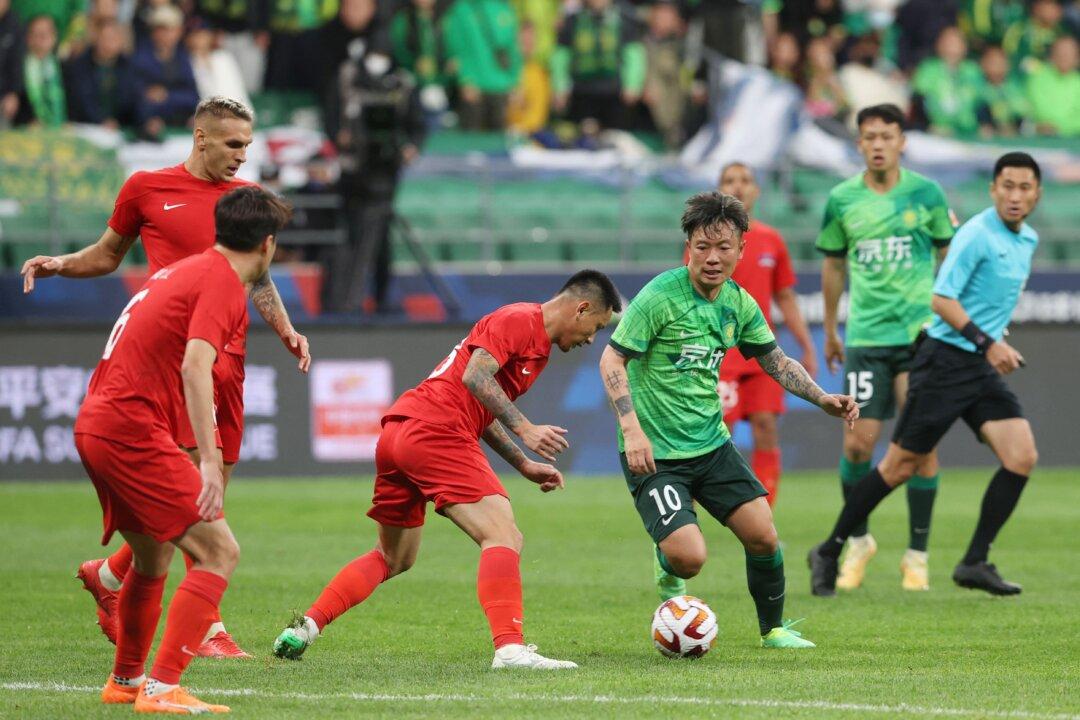Commentary
The Chinese Communist Party (CCP) strictly controls China’s newspapers, making sure all stories are aligned with exactly what it wants. Reading between the lines of Chinese publications is edifying, especially this May Day.

The Chinese Communist Party (CCP) strictly controls China’s newspapers, making sure all stories are aligned with exactly what it wants. Reading between the lines of Chinese publications is edifying, especially this May Day.